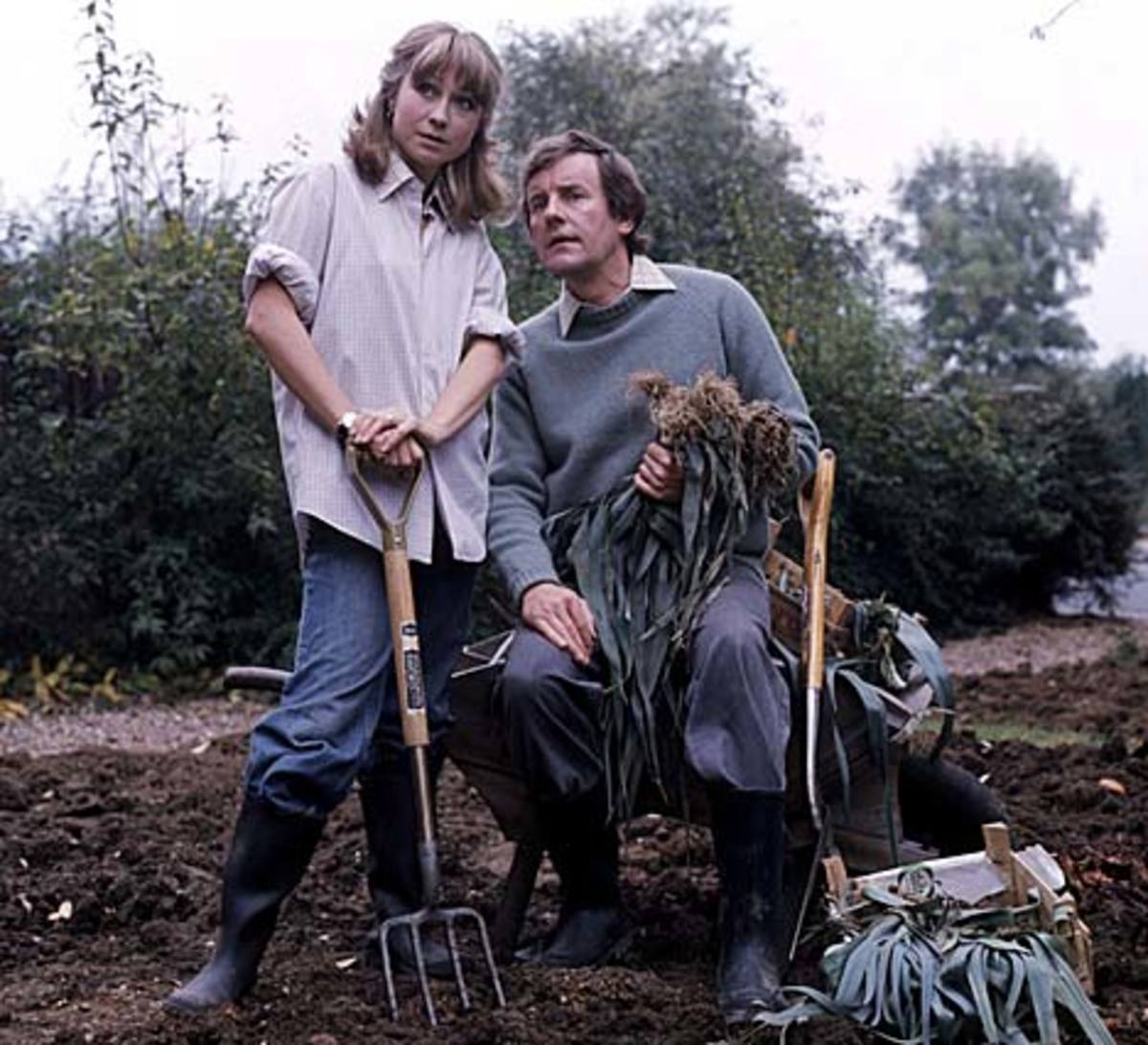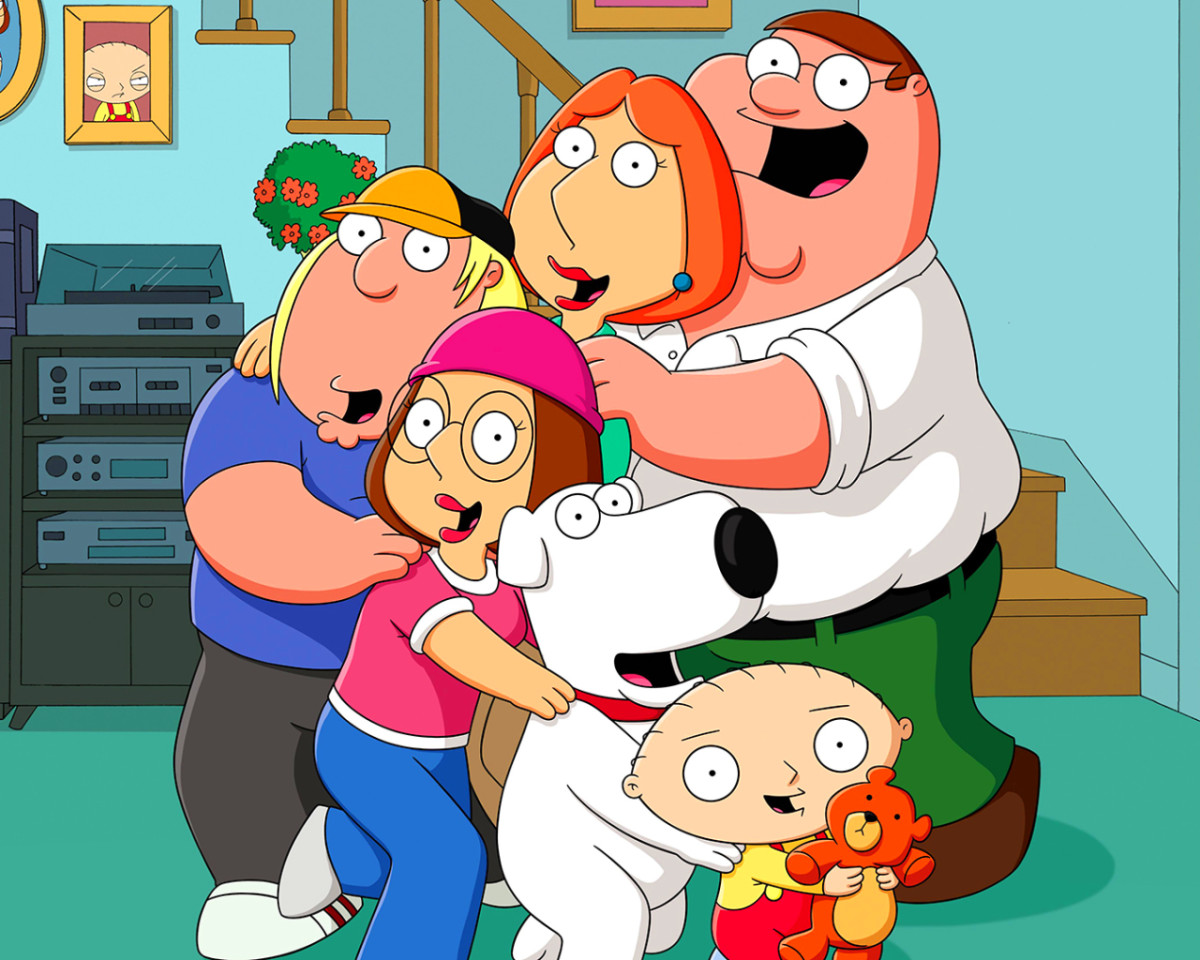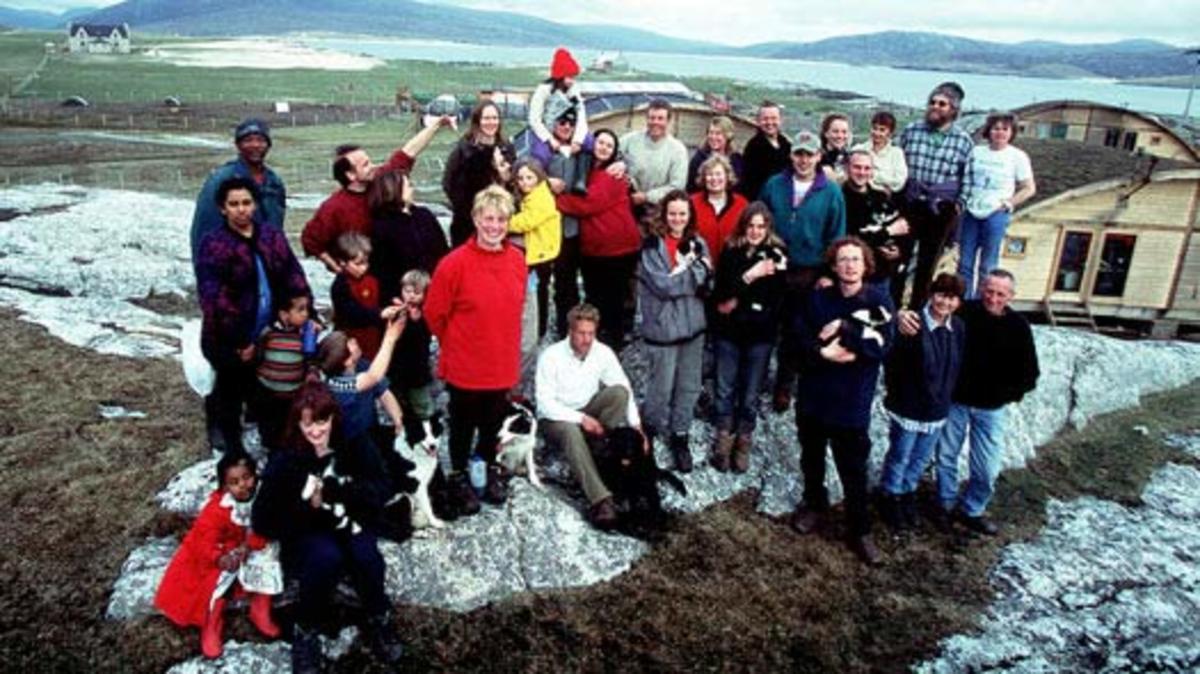With Reality Shows' Success, is the Sitcom dying?
My wife and I were watching the Real Housewives of Atlanta
...and we thought, wow, how entertaining was that...the dram, the suspense, the lack of scripts! But on the other side of that thought we also watched Seinfeld and thought, wow...what a great show!
So then we started a conversation that was interesting. Is the sitcom dying? With shows like Survivor, The Bachelor, American Idol, and others are scripted shows in trouble? My wife thinks that the sitcom is an endangered specious. Untrained celeb-wanna-be's are a dime a dozen and get there fifteen minutes everyday on reality shows.
I, on the other hand believe that the sitcom will fight triumphantly and will hold on. We are in desperate need of another Cosby Show, or a Star Trek or something. Then, and just then, my wife interjects, "but its cheaper to do reality shows..." and I am once again reminded that money is ultimately the driving force behind televisions' programming.
So, I guess the fate of the sitcom depends on its ability to generate cash. In other words, if it doesn't make money, it doesn't make sense.
"The Sitcom Isn’t Dead — It’s Evolving"
...Just as retro fashion comes back around, I believe the sitcom will evolve and return with fresh voices and modern sensibilities. It may not look exactly like the multi-cam living rooms of the '90s, but stories that make us laugh and feel? Those will never go out of style.
The sitcom’s greatest strength has always been its ability to reflect life — not as it is, but as we wish it could be. Sitcoms exaggerate reality just enough to create humor, but not so much that we can’t relate. They hold a mirror to our relationships, our quirks, and our workplace absurdities. And while reality TV might provide immediate gratification, it often lacks the kind of emotional return that scripted comedies provide over time. Think about the satisfaction of a season-long arc that ends with a meaningful wedding, a character breakthrough, or a well-earned reunion. These moments are only possible when characters are developed with care.
Another strength of sitcoms is their ability to unify. In an era of division, humor is one of the few forces that can cut across demographics. Shows like Brooklyn Nine-Nine and Black-ish blend humor with social commentary, proving that sitcoms can be both funny and relevant. They challenge stereotypes, normalize differences, and often say things reality shows can’t — or won’t — articulate. Even shows like Ted Lasso or Abbott Elementary have shown that heart-forward humor still resonates. There’s room for optimism, decency, and laughter, even in a world hungry for scandal and conflict.
My wife made another point over dinner: she said that reality TV, ironically, often feels more fake than scripted shows. "At least with sitcoms," she said, "everyone agrees it’s made-up. But with reality shows, people think they’re seeing the truth — when it’s mostly edited manipulation." She’s right. Reality TV may be “unscripted,” but it’s rarely unproduced. Situations are crafted, reactions are nudged, and entire narratives are built in the editing bay. In contrast, a good sitcom embraces its fiction and makes no apologies for it. And that honesty, oddly enough, feels more real.
There’s also the issue of longevity. Reality shows tend to burn hot and fast. Casts rotate, formats get tired, and novelty fades. But sitcoms — when they strike the right chord — can last for decades. Syndication, streaming, memes, Halloween costumes… Sitcoms plant cultural roots that reality TV rarely achieves. Friends ended in 2004 and still generates millions in residuals and merchandise. The Simpsons, for better or worse, is still airing after 30 years. No one’s buying The Bachelor lunchbox or quoting Love Island in a job interview.
Of course, I’m not dismissing reality television entirely. It clearly fills a space in our entertainment diet. We watch it, after all. It offers spontaneity, voyeurism, and the thrill of watching something unpredictable — or at least, appearing to be. But if reality TV is dessert, sitcoms are a full meal. They nourish while they entertain. And they do something crucial that reality shows often can’t: they give us closure. Every episode has a beginning, middle, and end. Problems are solved, misunderstandings cleared, laughs shared — all in about 22 minutes. That kind of narrative satisfaction is timeless.
Still, the industry is driven by metrics. Eyeballs and engagement are the currency, and right now, reality shows often deliver faster and cheaper. But I think audiences are slowly tiring of the formula. The shock factor wears thin. The arguments start to feel rehearsed. And more importantly, people crave stories again — real storytelling with crafted dialogue, flawed characters, and earned payoffs.
Maybe the next wave of sitcoms will live on TikTok. Or maybe they’ll come from indie creators on YouTube or streaming services willing to take risks. What’s certain is this: humor is never going out of fashion. People will always need a laugh at the end of a hard day. Families will always gather around a screen to watch something that makes them feel connected. Whether it’s on a couch in the ‘90s or a tablet in 2025, sitcoms still have a place — they just need champions to bring them forward.
And if all else fails, I’ll write one myself. My wife says I’m funny enough to try.








